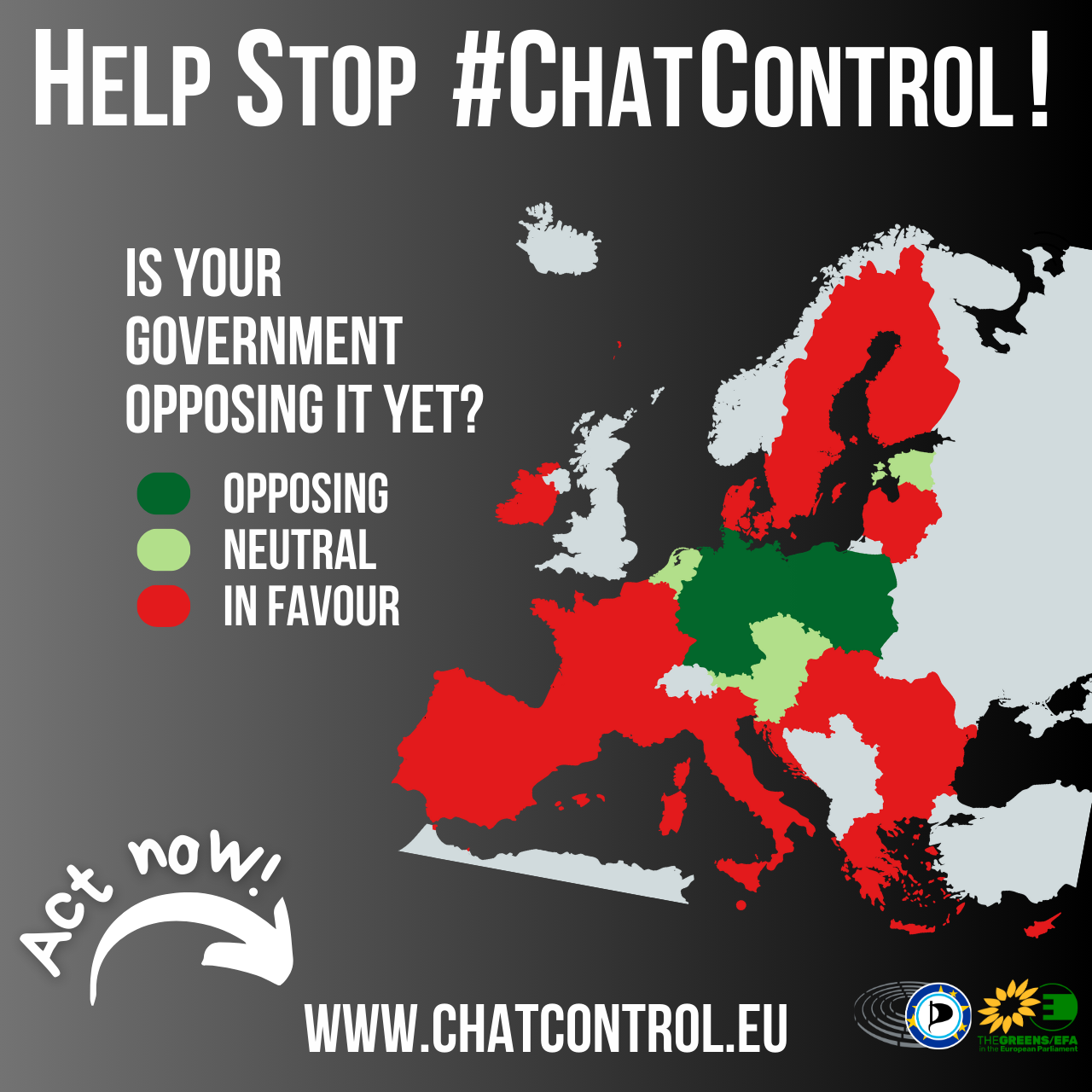EU Justice and Home Affairs Council meeting in Stockholm on “going dark” myth: secure encryption must not be turned off!
Today, EU Justice and Home Affairs Ministers are meeting informally in Stockholm to discuss, among other things, the fight against organised crime in the digital age. A debate on access to electronic evidence (“eEvidence”) is scheduled for the afternoon, focusing on the notion of “going dark”. “Going dark” describes the alleged diminishing ability of law enforcement agencies to access the content of online communications by the increasing use of encryption in everyday communication technologies and services.
Member of the European Parliament Patrick Breyer (Pirate Party) comments:
“The fairy tale of ‘going dark’ demonstrates that surveillance ideologues will not rest before they have destroyed all privacy and intimacy and invaded all safe spaces. The truth is that governments have never had as far-reaching and comprehensive an access to our private lives as they do today in the digital era. We have never lived as safely or as long as we do today.
With their plans to break secure encryption, EU governments are willing to sacrifice the overall security of our private communications, public networks, business secrets and even state secrets for short-term surveillance desires. Opening the door to foreign intelligence services and hackers is completely irresponsible and puts whistleblowers and people who rely on secure communication channels at risk. There is no such thing as a secure back door!
Looking at the investigations of recent terrorist incidents in Europe, it becomes clear that traditional instruments of law enforcement such as house searches or observations are often more effective in tracking down perpetrators and collecting information. However, these methods are time-consuming and more cost-intensive than seemingly simple technical solutionism. In many cases, perpetrators acted without relying on encryption and had long been known to authorities. Weakening encryption and thus putting us all under general suspicion threatens to destroy both security and privacy!”

